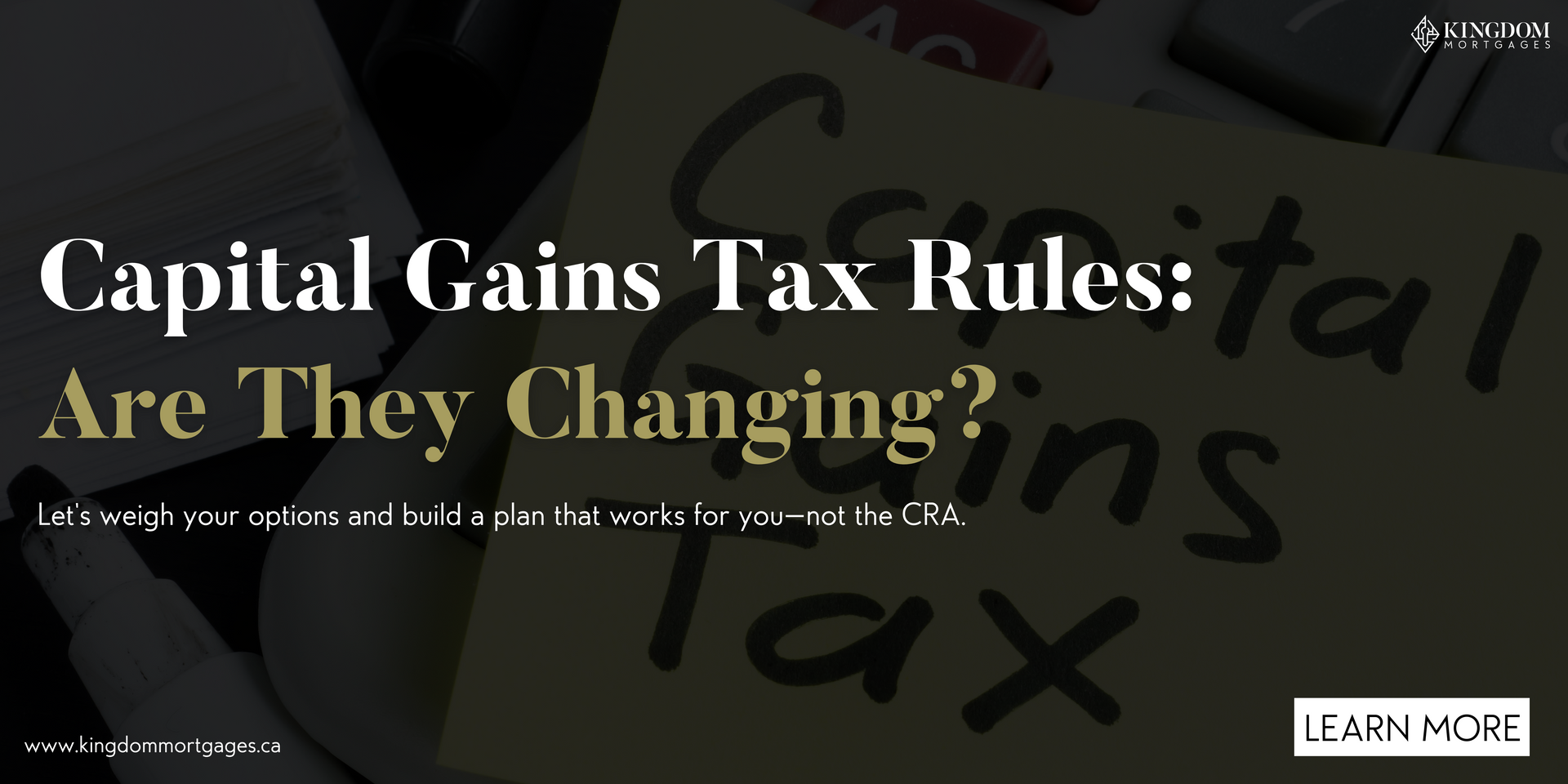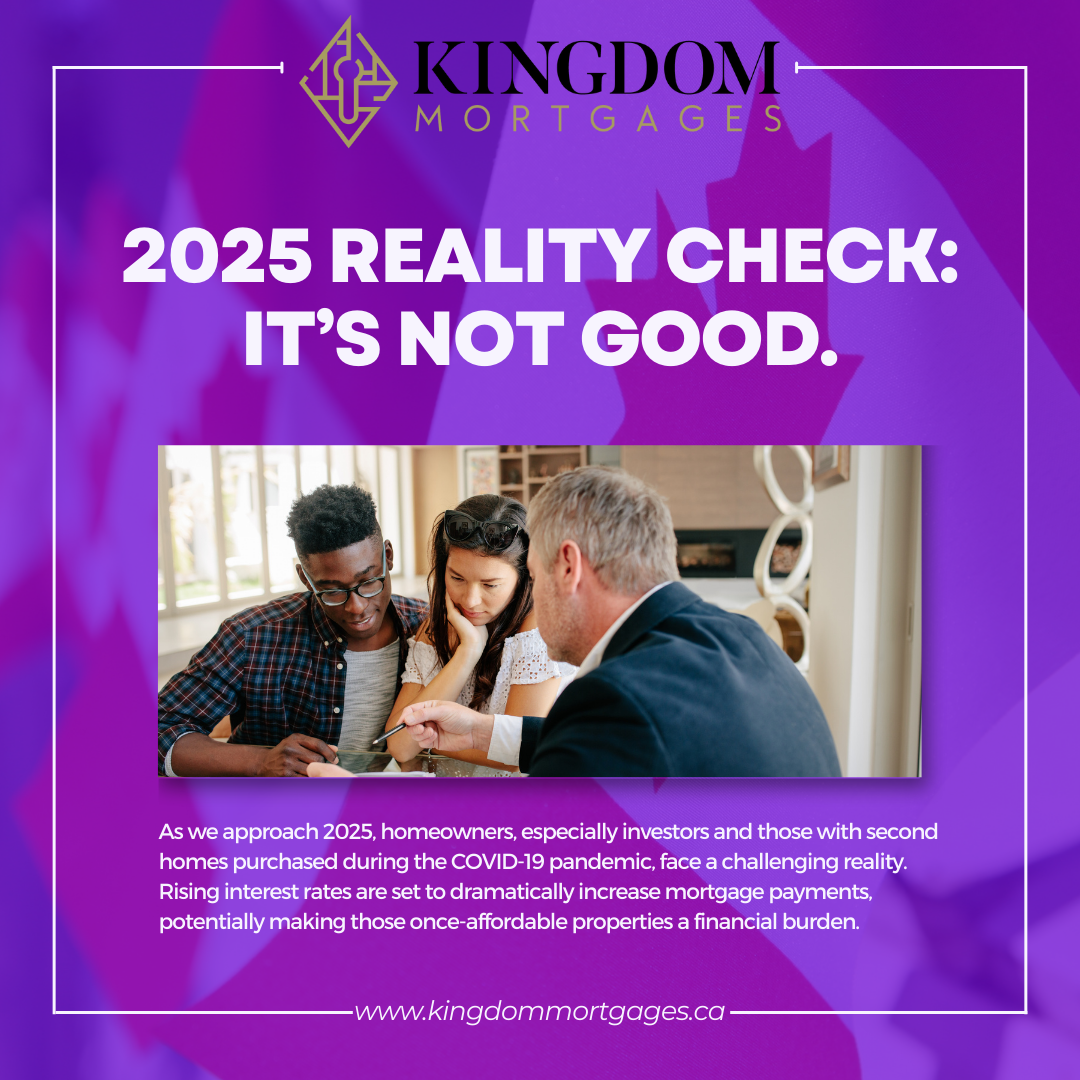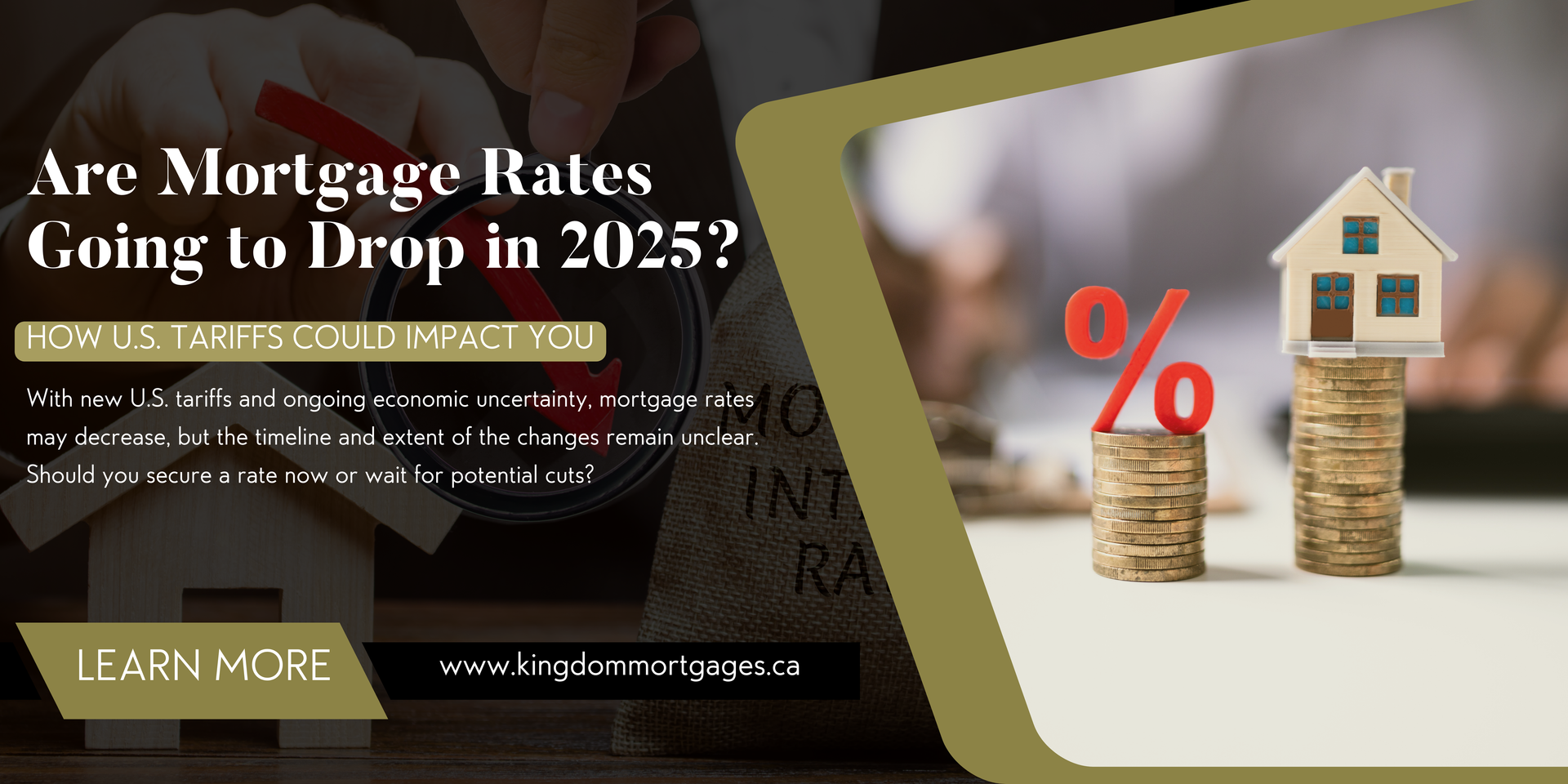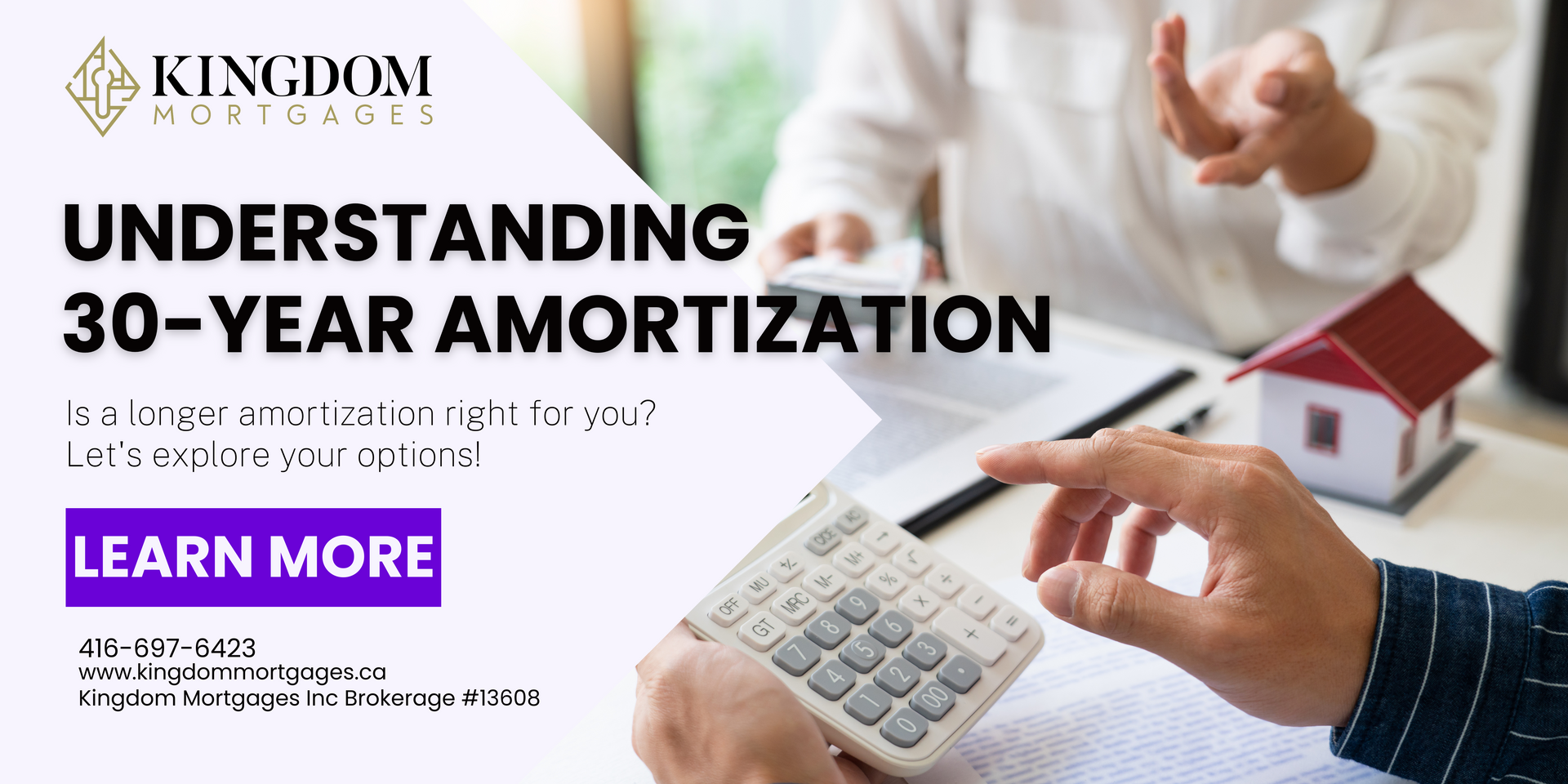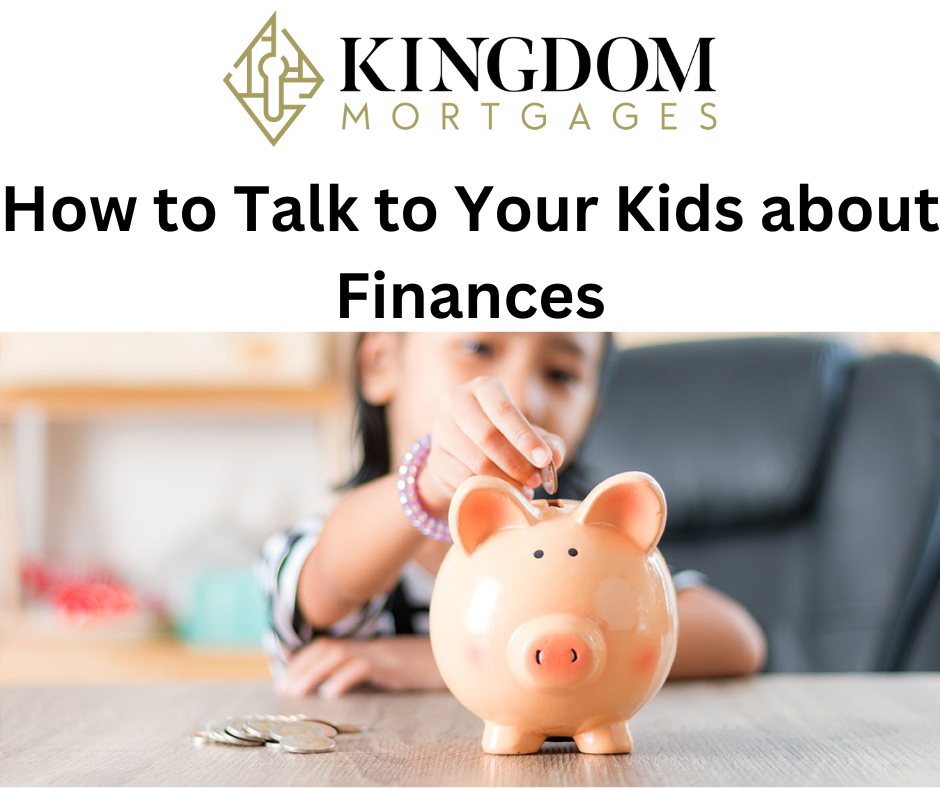What Is A Reverse Mortgage?

A reverse mortgage is a technique for homeowners in Canada aged 55 or older to turn up to 55% of the home's value into cash, tax-free. In other words, you can get a loan based on your home equity without selling it. The maximum borrowable amount depends on:
· your age;
· your home's appraised value, and;
· your lender.
The most significant advantage of this loan type is that you don't need to make regular payments until the loan is due. You can pay back the entire loan amount plus interest either when you move out, sell the home, or the last borrower dies. Although, bear in mind that you will owe more interest on a reverse mortgage overall the longer you go without making any payments. Furthermore, you may end up with less equity in your home at the end of your loan term.

Benefits of a reverse mortgage
You can live in your beloved home and enjoy a comfortable lifestyle with a reverse mortgage. We understand that in Canada, people over 55 have unique financial needs that only grow in complexity and, therefore, difficulty. Compared to the traditional methods of managing mortgages, you can access your home's equity better with a reverse mortgage and improve your life by:
· Relieving financial pressure;
· Increasing cash flow;
· Purchasing a summer home;
· Paying off debts;
· Renovating your current home;
· Quickly help your loved ones and donate to charity;
· Setting money aside for healthcare expenses;
· Enabling travel and vacationing.
How it works
First, decide if a reverse mortgage is right for you by reviewing your financial situation and future plans. Then get in touch with a reputable mortgage agent or broker to find the best lender at the best rate possible. You can also get their advice on crafting a flexible plan up to 55%* of your home appraised value, tax-free, as a lump sum payment, plus the option of advances over time. During the tenure of your loan, you will maintain complete ownership and control of your home.
Who can qualify for a reverse mortgage?
· Homeowners with Canadian nationality;
· The owner's age must be or exceed 55;
· The home must remain the owner's primary residence throughout the loan's tenure;
· The owner must maintain the home responsibly;
· All property taxes should be paid on time.
*some conditions apply

Contact me today.
Rodney schunker | mortgage broker (lic. M12000165)
Cell: 416-697-6423 | toll free: 1-855-787-7723
Fax: 1-855-787-7723 | web: www.kingdommortgages.ca
Mail: 10 george st north, suite 202, brampton l6x 1r2
Email: schunkerr@gmail.com
Rock Capital Investments Inc. Brokerage #10556. Each office is independently owned and operated. Proud member of Mortgage Centre Canada.
